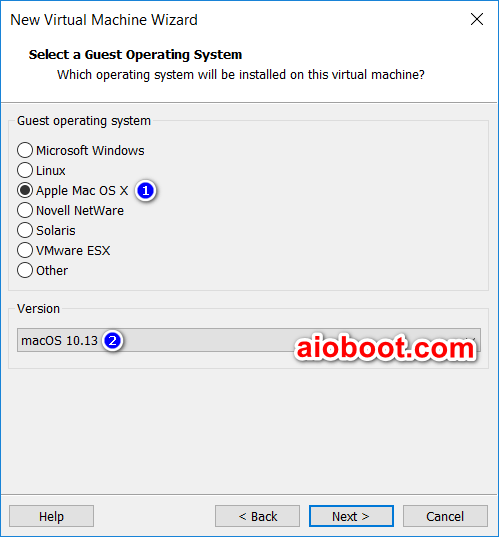
The technology is also architected to support Docker containers on any x86-based operating system, including Windows.

Overall, the technology will offer containers security and isolation while providing admins with transparency into what containers are running where in their virtual environment. Together, Project Bonneville and Instant Clone will make virtual machines lightweight enough to support one container per virtual machine. VMware sums up its announcements this way:

Optimized for Docker, Project Bonneville downloads containers from Docker Hub, and isolates and starts up each container in a virtual machine with minimal overhead using VMware vSphere’s Instant Clone feature. Project Bonneville, a technology preview, will enable the seamless integration of Docker containers into the VMware vSphere platform and allow virtual administrators to use their existing operational and management processes and tools such as VMware vCenter Server without the need for new tools or additional training. Rosoff said that with AppCatalyst, VMware "Wants to deliver a datacenter on the desktop." The idea, he continued, was to turn the desktop "…into a dev/test environment they can have locally." Speeding up that cycle will allow developers "To iterate more swiftly on their software."ĪppCataylst, Rosoff said, was based on VMware's Fusion hypervisor. VMware AppCatalyst is available today for Mac OS X as a free download from the AppCatalyst technology preview community site. The tool features Project Photon, an open source minimal Linux container host, Docker Machine and integration with Vagrant.

Let's examine each of the "application previews" VMware displayed at DockerCon 2015:Ī technology preview, VMware AppCatalyst offers a fast and easy way for developers to replicate a private cloud locally on their desktop for building and testing containerized and microservices-based applications.


 0 kommentar(er)
0 kommentar(er)
